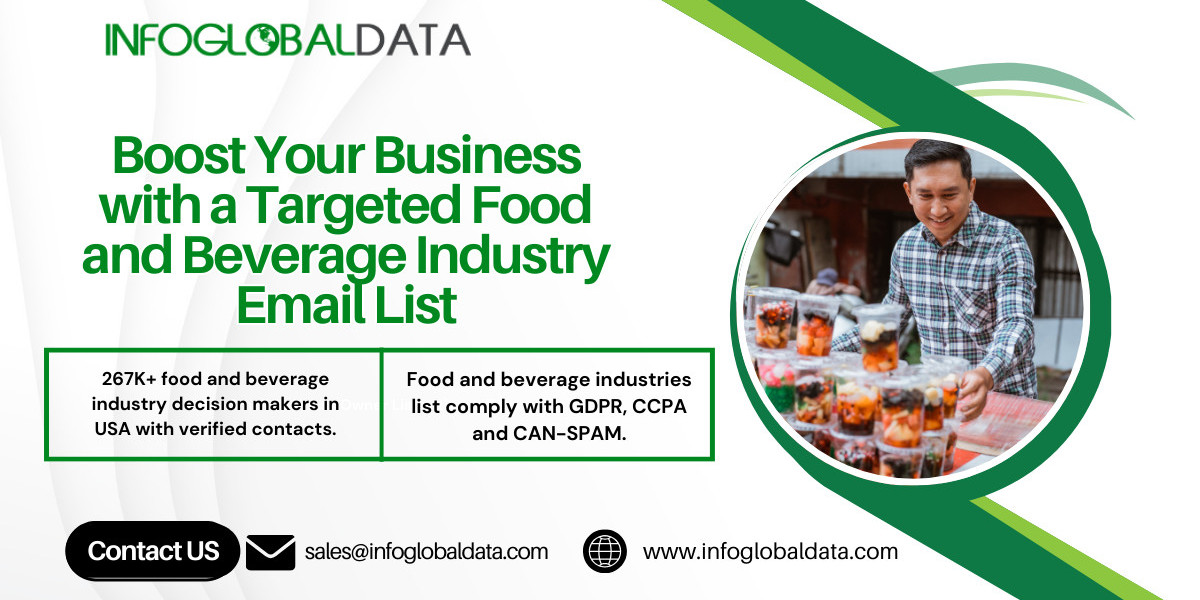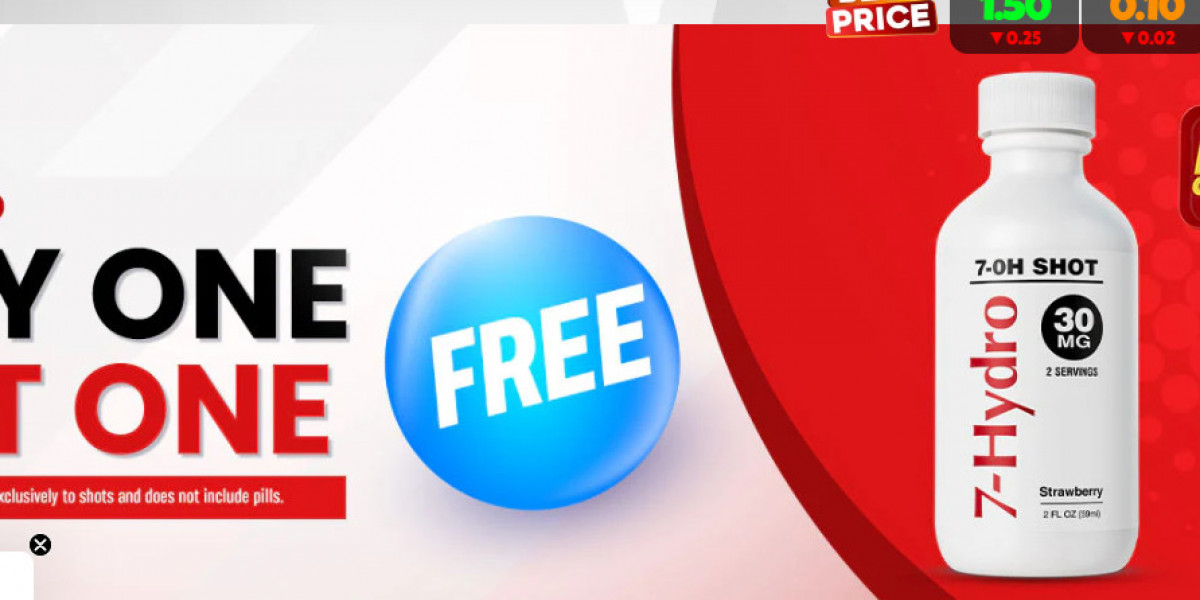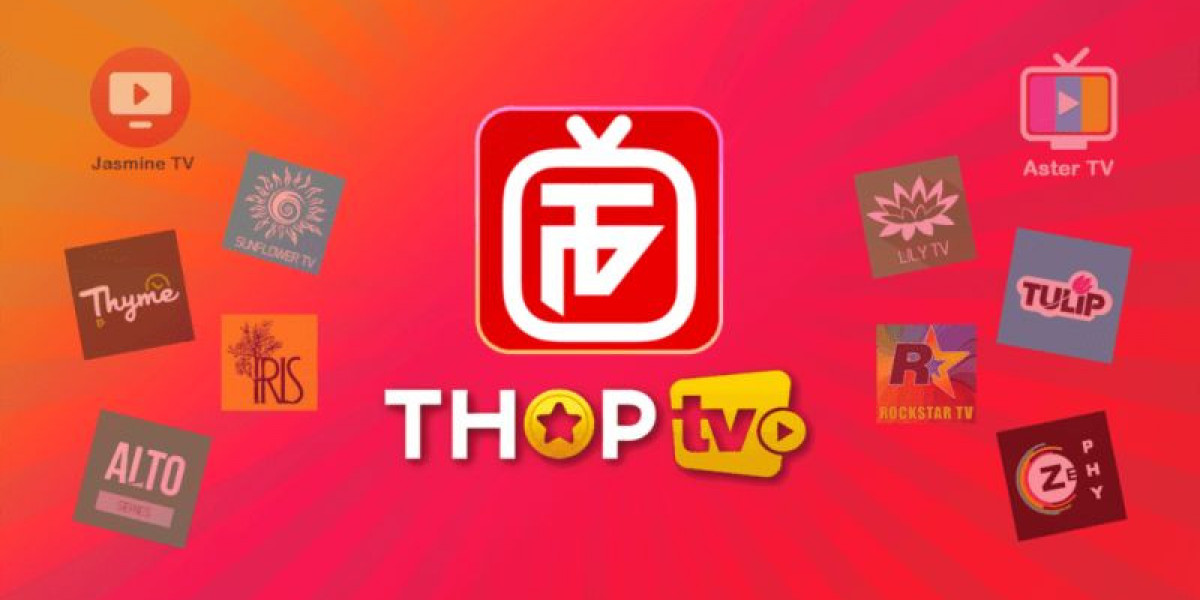Introduction to Targeted Email Lists
Email marketing is a key strategy for businesses in the food and beverage sector. A targeted Food and Beverage Industry Email List allows companies to connect directly with food manufacturers and retailers. This precise targeting ensures your marketing messages reach those who are most interested in your products or services. When used effectively, targeted email lists can significantly improve your engagement rates and drive business growth. The food and beverage industry is diverse, and a well-segmented email list helps you cater to the unique needs and preferences of different audience segments, maximizing the impact of your campaigns.
Identifying Your Target Audience
Identifying your target audience in the food and beverage sector involves understanding their specific needs and challenges. Food manufacturers and retailers may seek innovative packaging, new ingredients, or supply chain efficiencies. Knowing these details allows for tailored messaging that resonates with each group.
Segmenting your email list is essential. Group contacts based on their position in the supply chain or purchasing behavior to send more relevant messages. This approach ensures that your communication strikes a chord with each segment, boosting engagement and conversion rates. Accurate segmentation enables you to deliver highly targeted content that addresses the distinct interests and requirements of each audience group. By aligning your messages with their specific needs, you create more impactful and effective campaigns.
Crafting Effective Email Campaigns
Crafting effective email campaigns involves designing content that resonates with your specific audience. In the food and beverage industry, this could mean highlighting new product launches, sharing success stories, or offering insights into market trends. It's important to create content that adds value and keeps readers engaged.
Utilize personalization techniques to make your emails more compelling. Address recipients by their first name and tailor messages to reflect their past interactions or preferences. This approach helps create a more personal connection and fosters loyalty.
Including eye-catching visuals and clear calls to action can also enhance your email campaigns. Visuals can make your content more appealing, while clear calls to action guide readers towards desired actions, such as making a purchase or signing up for an event.
Building and Maintaining Your Email List
To expand your Food and Beverage Industry Mailing List with high-quality contacts, consider leveraging lead magnets such as exclusive industry reports or free webinars. These incentives encourage potential clients to join your list willingly, ensuring genuine interest in your offerings.
Regular list maintenance is crucial. Continuously update your email list by removing inactive contacts and keeping the information accurate. Engaging your audience through regular updates, newsletters, or surveys can keep them interested and connected to your brand.
To keep your list fresh, encourage existing contacts to refer others by offering referral rewards or exclusive content. This not only helps grow your list but also strengthens relationships with your current subscribers.
Analyzing Campaign Performance
To gauge the success of your email campaigns, focus on metrics such as open rates, click-through rates, and conversion rates. These figures reveal how effectively your content engages recipients and prompts them to take action. By closely monitoring these metrics, you can identify areas where your strategy excels and where it needs improvement.
Leverage data analysis tools to gain deeper insights. For example, tracking which subject lines generate the highest open rates can guide your future email designs. Similarly, analyzing the content that garners the most clicks helps you understand what resonates with your audience.
A/B testing can be particularly useful. By comparing different versions of your emails, you can determine which elements—such as visuals, messaging, or calls to action—are most effective. This method allows you to make data-driven decisions and continually optimize your campaigns for better results.
Additionally, consider the timing of your emails. Sending messages when your audience is most likely to engage can significantly impact performance. Use analytics to identify peak engagement times and adjust your sending schedule accordingly.
Implementing these strategies will help you refine your email marketing efforts, ensuring that your messages are not only opened but also acted upon, thereby enhancing overall campaign success.
Legal and Ethical Considerations
Email marketing involves adhering to important regulations to maintain ethical standards. The CAN-SPAM Act in the United States provides clear guidelines for email communications, including the necessity for opt-in and opt-out mechanisms to respect recipients' choices. Failing to comply can result in significant penalties and damage your reputation.
Data protection laws like the GDPR are crucial for handling personal data responsibly. These laws require transparency about data usage and provide individuals with control over their information. Ensuring compliance with these regulations helps in building trust and credibility with your audience.
Always provide a straightforward way for recipients to unsubscribe from your emails and honor their preferences promptly. Additionally, ensure that your email list consists of contacts who have willingly opted in, and avoid purchasing email lists, as this can lead to lower engagement and potential legal issues. Use clear and honest subject lines to avoid misleading your audience, and always include your physical mailing address in your emails to comply with legal requirements.
Conclusion
A well-targeted Food and Beverage Industry Email Database can greatly amplify your marketing success. By zeroing in on your audience's specific needs and crafting relevant content, you enhance engagement and drive meaningful connections with food manufacturers and retailers. Regularly updating and segmenting your email list ensures your messages remain relevant and impactful.
Effective email campaigns, enriched with personalization and visually appealing elements, can foster a stronger bond with your audience. Monitoring key performance metrics allows you to continually refine your strategy, ensuring your campaigns resonate and achieve desired outcomes.
Adhering to legal and ethical standards not only keeps you compliant but also builds trust and credibility. By respecting recipients' preferences and protecting their data, you create a positive reputation in the industry. Implement these best practices to establish a robust and effective email marketing strategy that supports your business growth in the competitive food and beverage sector.










